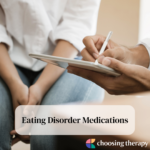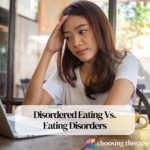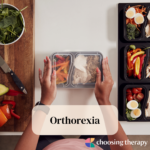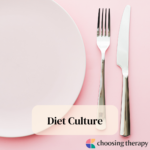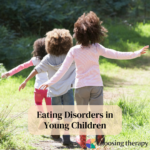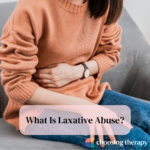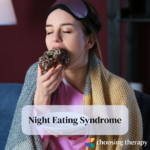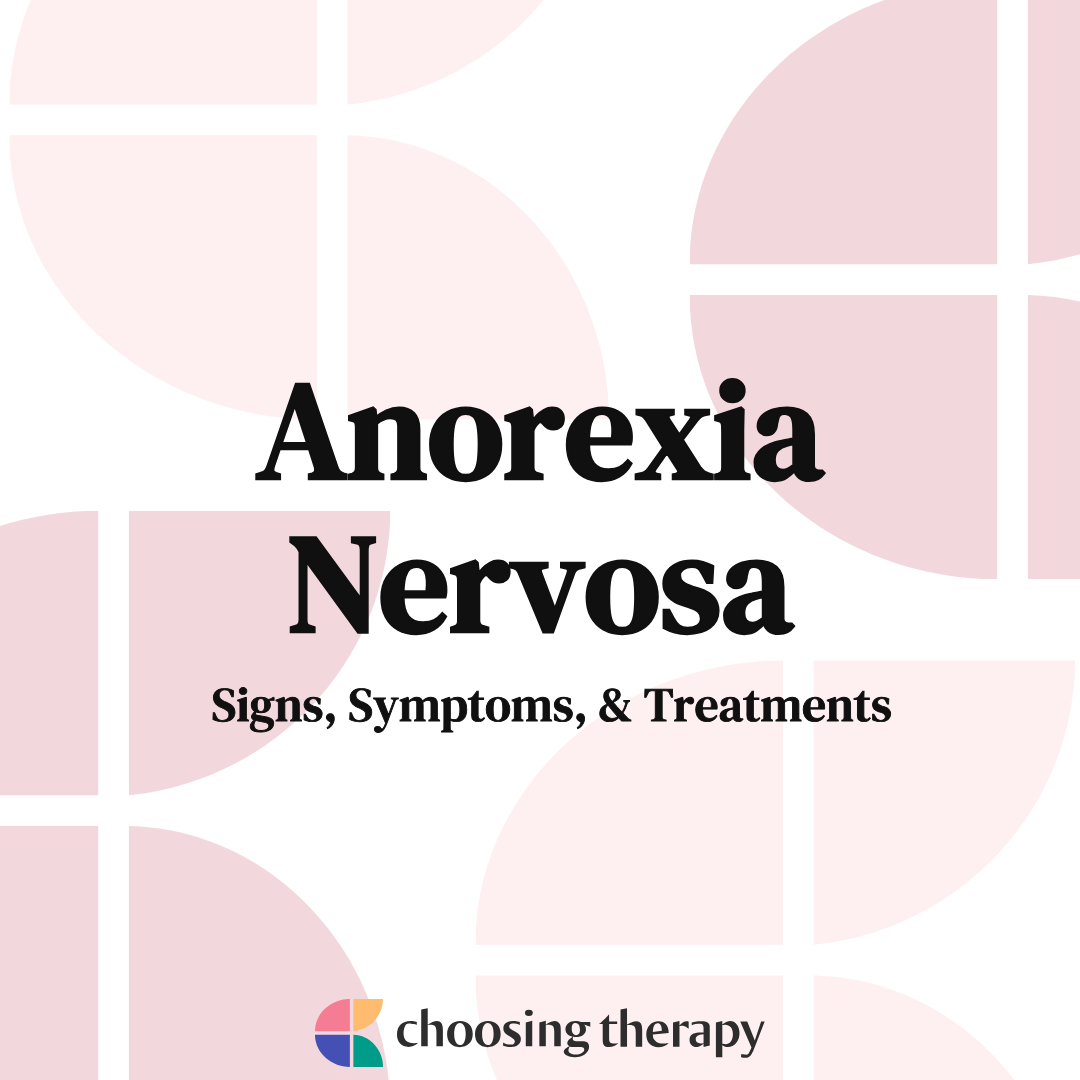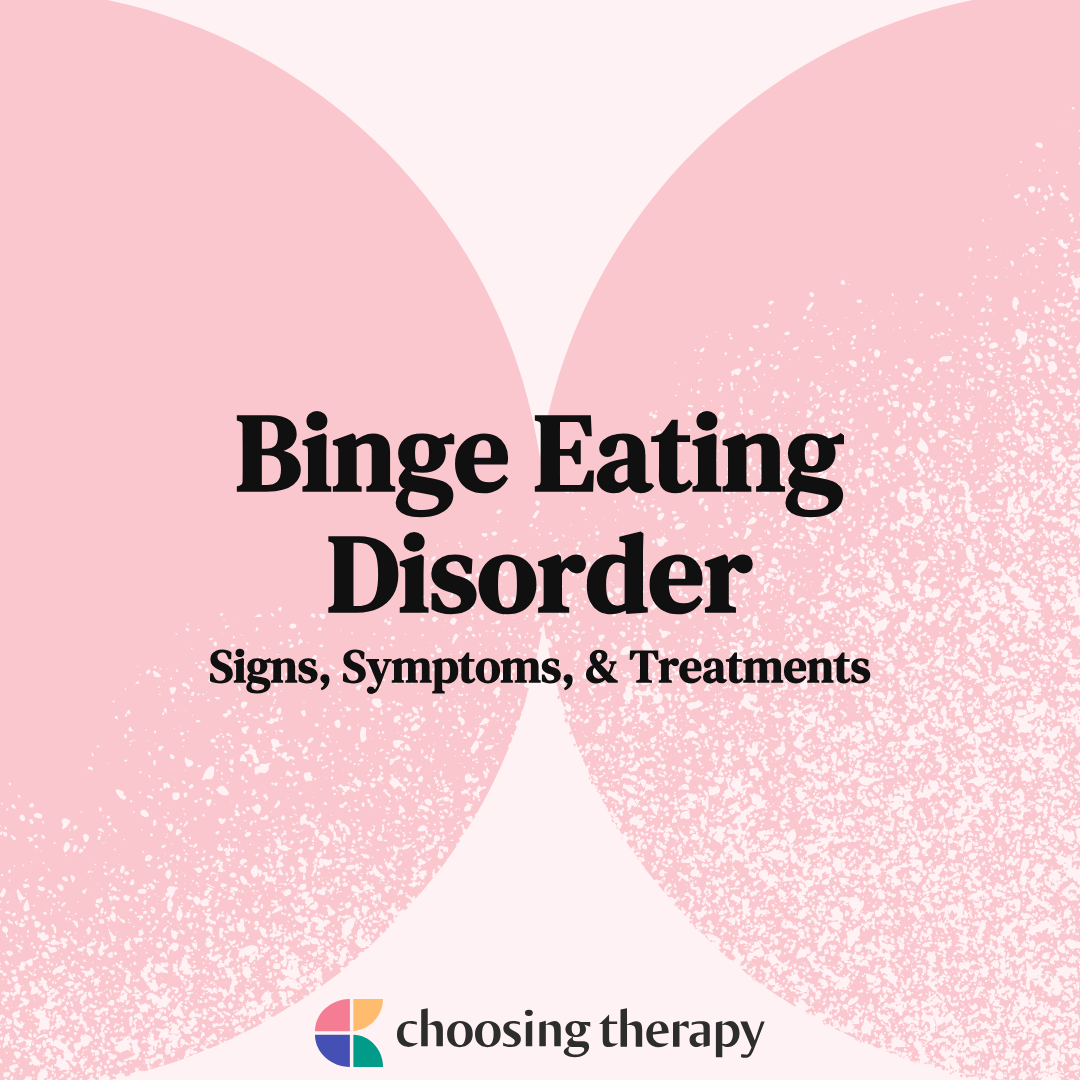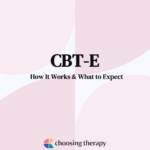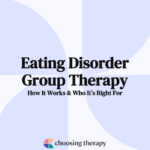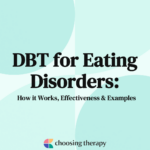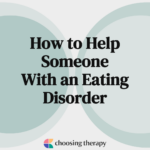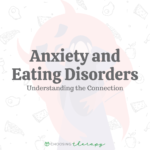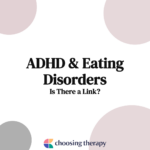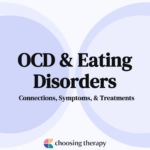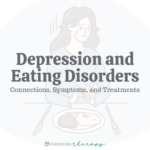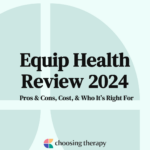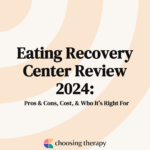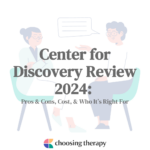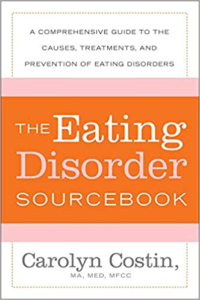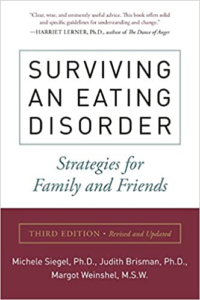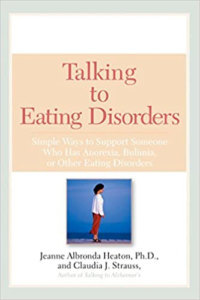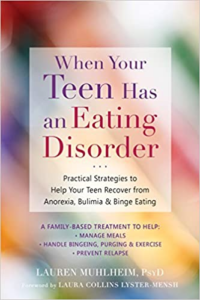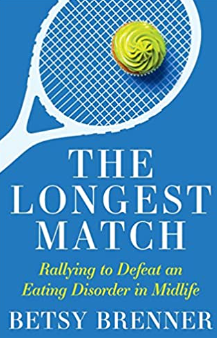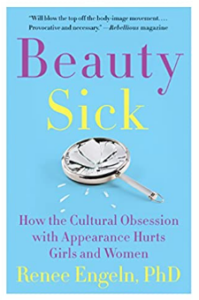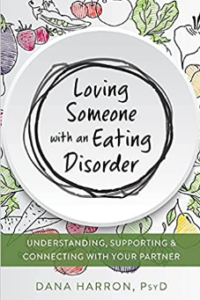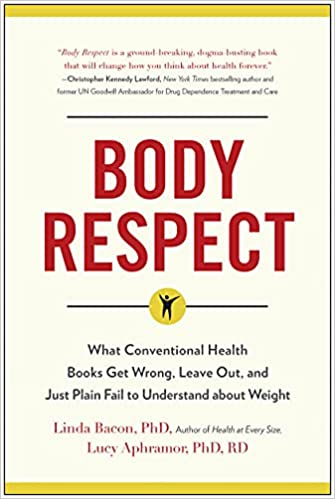
Learn More About Eating Disorders
For some, eating can consist of harmful patterns and moderate levels of distress often resulting in restriction, binging, or purging. In these cases, they may be suffering from an eating disorder. Fortunately, effective treatment options are available to assist those who suffer from an unhealthy relationship with food and disordered eating. Below you’ll find articles and resources to help you both understand and deal with eating disorders.
Featured Eating Disorder Articles
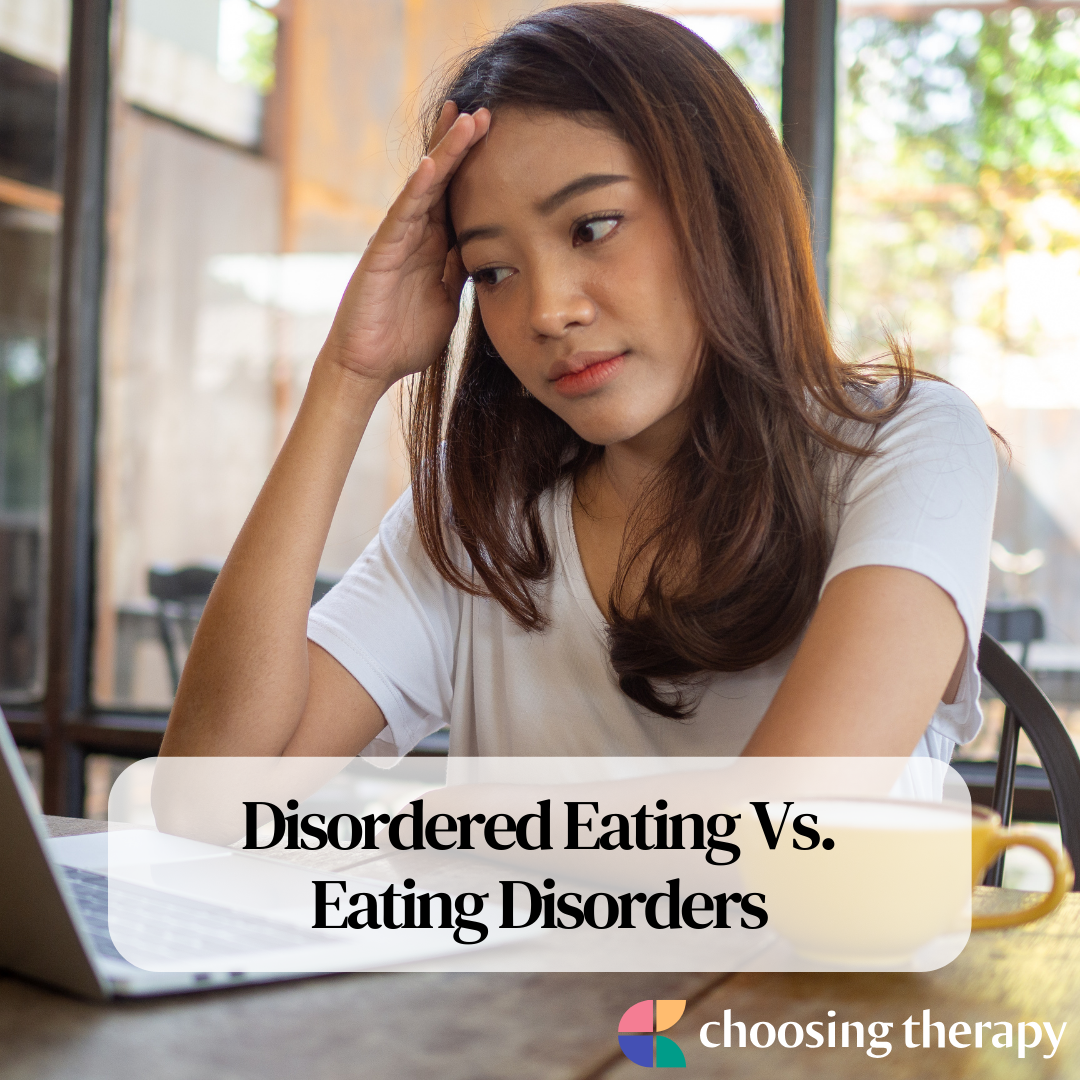
Disordered Eating Vs. Eating Disorders: Understanding the Differences
Disordered eating doesn’t meet the full criteria for an eating disorder. However, disordered eating can be just as concerning as eating disorders.
by: Nicole Arzt, LMFT
Coping Skills for Eating Disorders: 10 Types & How to Use Them
Coping skills for eating disorders, such as journaling, deep breathing, and mindfulness, are essential for the recovery process.
by: Jillian Sinnamon, LPC, LMHCTypes of Eating Disorders

Treating Eating Disorders

Related Concerns & Disorders

Eating Disorder Recovery Programs
Read More About Eating Disorders
